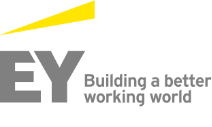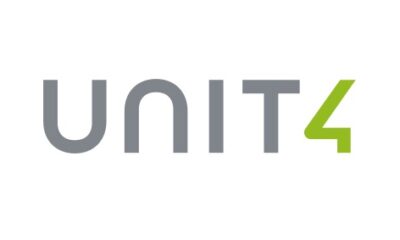## Mini basket to go here ##
Developing Responsible Leaders for better businesses that benefit society
The increasing power of corporations makes business leaders some of the most powerful people in the world today. With this increased power comes an increased responsibility: to lead business for the benefit of all society. As a result, companies need their leaders to live their ethics and values more than ever and embrace Responsible Leadership (RL).
A very effective way of developing Responsible Leadership is through Corporate International Service Learning or CISL as it’s known for short. CISL programmes offer an immersive learning experience that impacts participants profoundly. These types of programmes take participants across international borders to learn skills, gain knowledge and develop new behaviours by challenging them to apply their skills and expertise on real-life issues that have a social impact.
The results of the recent 2019 CISL Impact Benchmark Study show that these experiences help build leaders more capable of thinking and acting more inclusively, ethically and for the broader good of society.
 We define Responsible Leaders as: influencing all stakeholders to commit to building long term viable organisations that actively contribute towards a more equitable, just and sustainable world.
We define Responsible Leaders as: influencing all stakeholders to commit to building long term viable organisations that actively contribute towards a more equitable, just and sustainable world.
Responsible Leadership is based on four complementary theories: 1. Global Leadership Theory: The ability to influence others to bring about desired change in a complex, globalised context 2. Stakeholder Theory: Taking account of the all stakeholders’ interests (inclusiveness) 3. Business Ethics: The ability to identify the ‘right’ course of action and act accordingly (Conscience) 4. Corporate Responsibility: Business commitment to delivering economic, social and environmental benefits to all of society.
The 2019 CISL Impact Benchmark Study explores the long-term impact of CISL programmes. To date, the study has surveyed 1115 programme participants from eight global companies including BD, Credit Suisse, GSK, Mars, Microsoft and Salesforce. The results have been profound and contribute to demonstrating the strength of CISL programmes in developing Responsible Leadership behaviours.

It’s one thing to have the data on impact, but the CISL Study goes further to identify factors that help strengthen that impact by analysing the data against a range of programme design variables. Through this analysis we know that the top 3 impact levers for developing RL are:
• Setting learning objectives
• Partner need for skills
• Continued engagement with partners
Setting learning objectives prior to assignments develops Responsible Leadership behaviours
When learning objectives are set prior to a CISL assignment there is greater impact on Responsible Leadership outcomes. Data from the CISL Study, presented in the chart below, illustrates this:

The data looks at participants that either agreed and strongly agreed versus disagreed and strongly disagreed that they set learning objectives prior to their assignment. These two sets of data were subsequently evaluated against the RL measures.
When a Partner organisation has a need for the participant’s skills and experience, programme participants are more likely to develop Responsible Leadership Behaviours
When participants feel that a partner organisation had a real need for their skills and experience, we see significantly higher impact across the RL measures. The chart below illustrates significantly higher responses (blue bar) when participants felt that they had been effectively matched based on the partners’ needs:
 The data shows participants that either agreed and strongly agreed versus disagreed and strongly disagreed that they continued to engage with partners. The two sets of data were then assessed against the RL measures.
The data shows participants that either agreed and strongly agreed versus disagreed and strongly disagreed that they continued to engage with partners. The two sets of data were then assessed against the RL measures.
Participants who continue to engage with Partner organisations develop strong Responsible Leadership behaviours
The CISL data also shows us that that participants who continue to engage with partner organisations on their return to work report stronger development across all the RL measures. We can clearly see from the chart below that continued engagement with partners has an impact on how participants report development of Responsible leadership behaviours:
 The data shows participants that either agreed and strongly agreed versus disagreed and strongly disagreed that they continued to engage with partners, and again the two sets of data were assessed against the RL measures.
The data shows participants that either agreed and strongly agreed versus disagreed and strongly disagreed that they continued to engage with partners, and again the two sets of data were assessed against the RL measures.
Similar kinds of insight can be seen across other areas of impact such as breadth of learning, career mobility and employee engagement. It all points to companies looking more closely at CISL as an approach to develop leaders that are better for businesses and society, while being deliberate about how programmes are designed to drive good quality learning outcomes aligned to organisational objectives.






